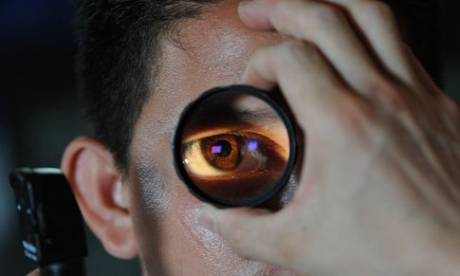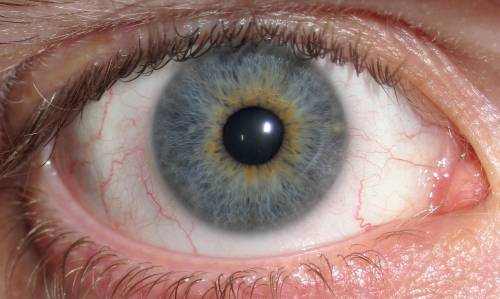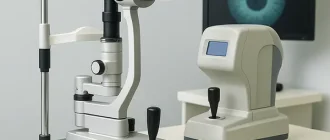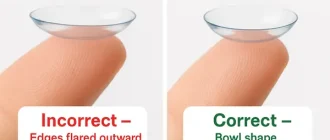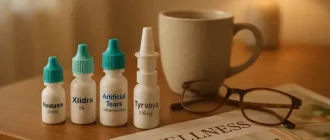Have you ever wondered how long your eyes stay dilated after undergoing an eye exam or taking certain medications? Dilated pupils, a condition in which the size of the black part of the eye (pupil) appears larger than normal, can be a temporary but occasionally inconvenient consequence. Knowing the duration of this dilation can assist you in organizing your activities accordingly.
Causes of Dilated Pupils
There are numerous factors that can cause dilation of the eyes. The most common causes include:
- Eye examinations: During certain eye exams, eye care professionals may administer eye drops to dilate the pupils. This allows them to get a better view of the back of the eye, including the retina.
- Medications: Some medications, such as certain types of over-the-counter or prescription eye drops, can cause temporary dilation of the pupils. These eye drops may be used to treat specific eye conditions or to manage symptoms like redness or irritation.
- Emotional arousal: When an individual experiences strong emotions like fear, excitement, or anxiety, it can lead to pupil dilation due to the release of adrenaline.
- Drugs and intoxicating substances, certainly among a mass of other negative effects, can cause pupil dilation.
Duration of Dilated Pupils
The duration of pupil dilation can vary depending on the cause and individual factors. Here is a general guideline:
- Eye exams: Pupil dilation caused by eye drops used during an eye exam typically lasts for several hours. The exact duration can vary depending on the specific eye drops used and individual sensitivity.
- Medications: If your pupils are dilated due to medication, the duration of dilation will depend on the specific drug being used. Some eye drops may cause dilation for a few hours, while others could keep your pupils dilated for an entire day. It is best to consult with your healthcare provider or pharmacist regarding the expected duration.
- Drugs and substances: The duration of pupil dilation caused by drugs and substances can vary significantly. For example, alcohol-induced pupil dilation may last only a few hours, while the effects of certain drugs can last much longer.
- Emotional arousal: Dilated pupils caused by emotional arousal typically return to their normal size once the arousal subsides, which can happen relatively quickly depending on the individual.
If you find that your pupils stay dilated for an extended period or experience any unusual symptoms, it is always recommended to seek medical advice. While temporary dilation is generally harmless, prolonged or persistent dilation could be a sign of an underlying issue that requires attention.
Managing Dilated Pupils
While there is no way to speed up the process of returning your pupils to their normal size, there are steps you can take to manage the effects of dilated pupils:
- Wear sunglasses: Bright lights can feel more intense when your pupils are dilated. Wearing sunglasses can help reduce discomfort and protect your eyes from excessive light.
- Avoid driving: If your eyes are dilated after an eye exam or due to medication or substances, it is best to avoid driving until your pupils return to their normal size. Dilated pupils can affect your ability to see clearly, making it unsafe to operate a vehicle.
- Dim lighting: If you are indoors or in a low light environment, adjusting the lighting to a dimmer setting can help minimize discomfort caused by bright lights.
Remember, pupil dilation is a natural process that serves a purpose during eye exams and in response to various factors. It is generally temporary and should not cause any long-term issues. By understanding the causes and durations of dilated pupils, you can better navigate their effects and ensure optimal eye health and comfort.

